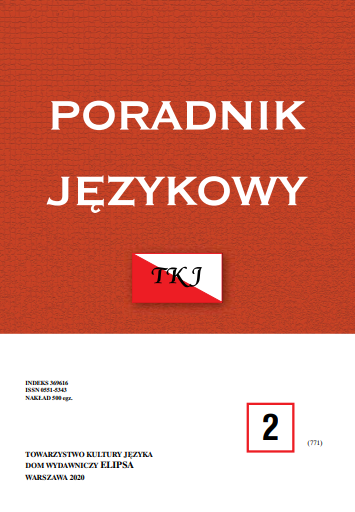Podstawowe problemy teorii świadomości językowej
Fundamental problems of the theory of language awareness
Author(s): Krzysztof MaćkowiakContributor(s): Monika Czarnecka (Translator)
Subject(s): Language studies, Theoretical Linguistics, Psycholinguistics
Published by: Dom Wydawniczy ELIPSA
Keywords: anthropocentrism in linguistics; language awareness; mental activity; mental structure; cognitive sphere; pragmatic sphere; affective sphere; mental base of the human speech;
Summary/Abstract: The modern linguistics is gaining a more and more anthropocentric markedness. This contributes, among others, to increased interest in language awareness. This paper is intended to provide both an overview and a systematization. The threads it touches upon concern three issues. The author defines the very notion of language awareness, outlines the operating mechanisms of the mental base of speech, and identifies the subjects to whom language awareness may be attributed. Language awareness needs to be considered a separate mental structure being a fragment of the general human awareness. The structure has a dual nature. Some of its reserves are innate components, others are contents and dispositions obtained in the course of individual development. Both are responsible for language acquisition, coordinate language activities, and substantiate various judgments regarding speech as a portion of the collective life, i.e. a product of culture and a culture-building measure. The contents composing the broadly defined individual language awareness at the same time create the cognitive sphere, the pragmatic sphere, and the effective sphere. Obviously, specific language decisions are influenced by collective linguistic views. The speaker always gives in to supra-individual rules, which are an outcome of the states of collective consciousness.
Journal: Poradnik Językowy
- Issue Year: 2020
- Issue No: 02
- Page Range: 29-45
- Page Count: 17
- Language: Polish
- Content File-PDF

